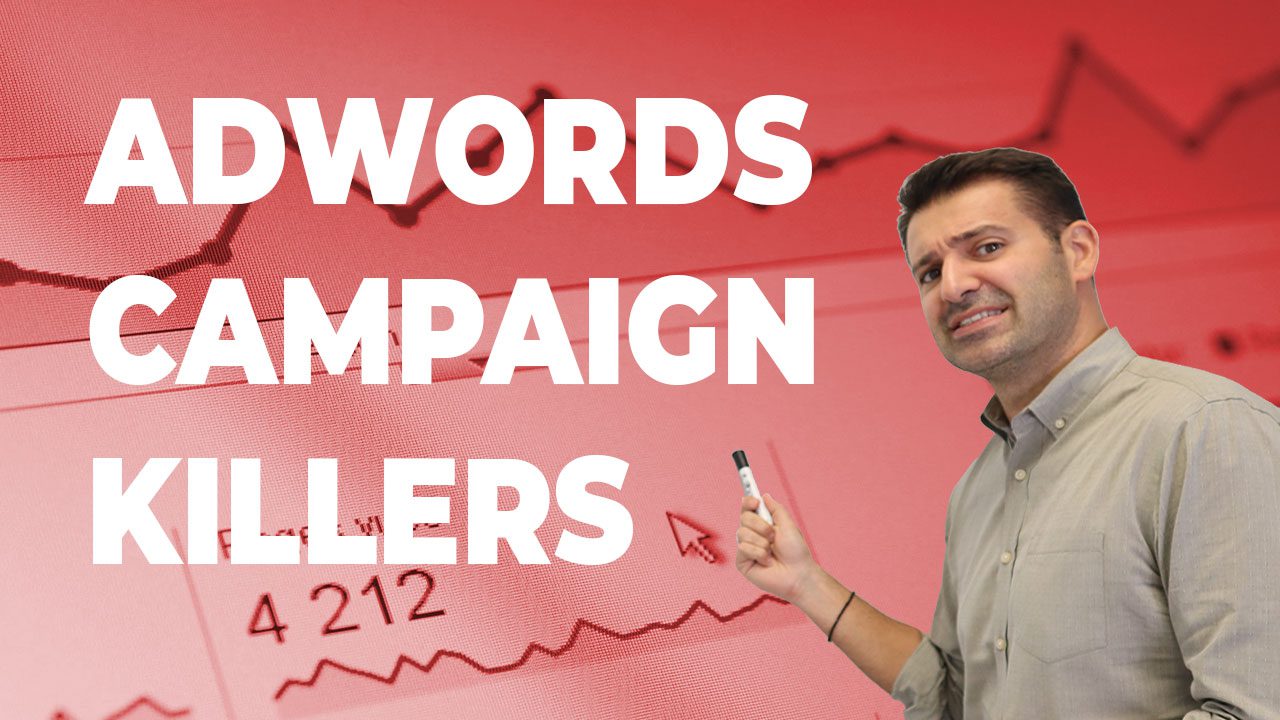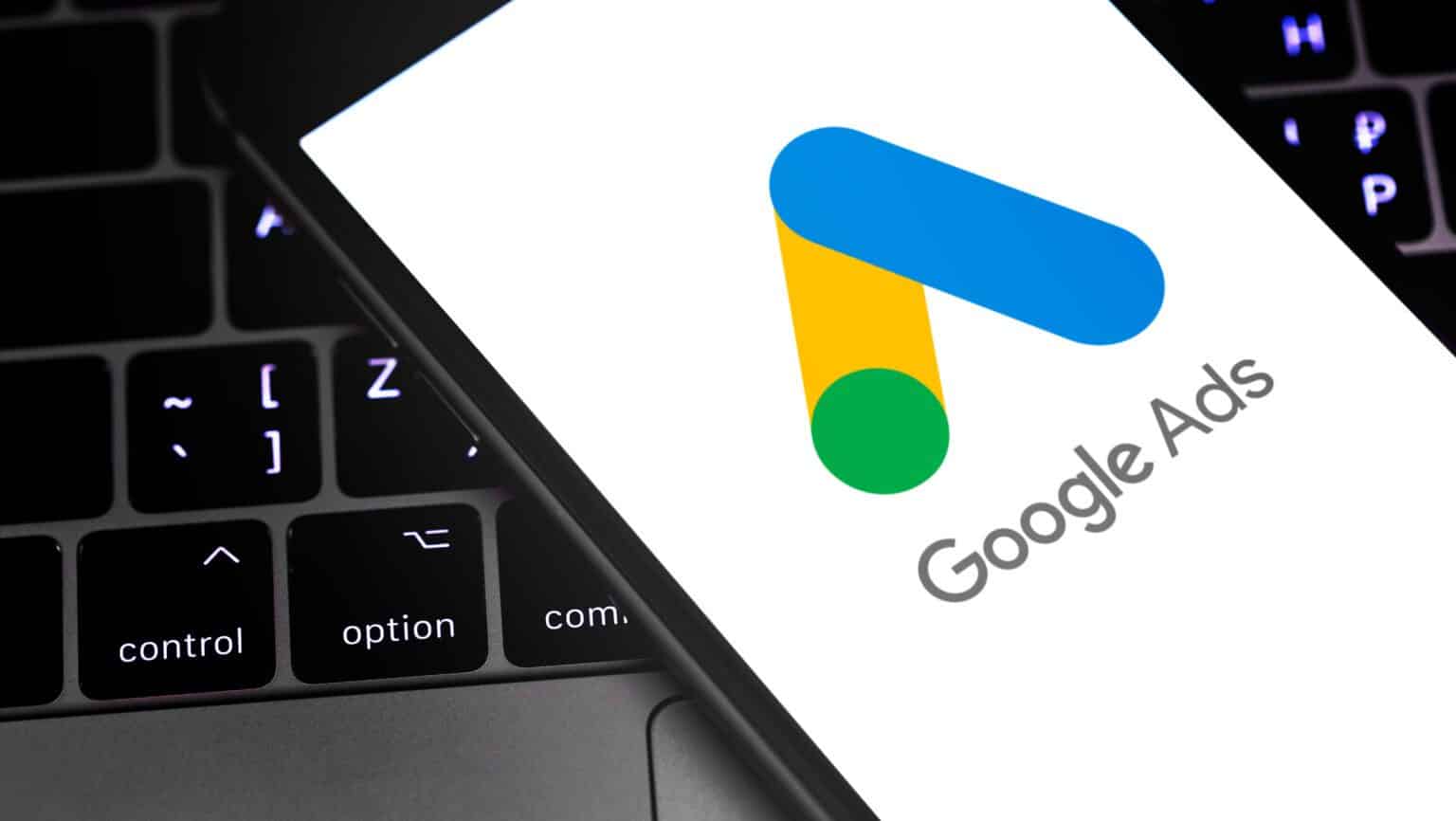Why the Word “FREE” is Killing Your Google Ads Campaign
Using the word “FREE” as a target keyword generally is not going to get you paying customers. Consumers who use the word “FREE” do not want to pay for information or services. Hopefully, this is obvious.
However, you might not know that Google will sometimes stick your website under the search term “FREE,” even when you haven’t targeted it. Those searching for free services often overlook the ad before clicking. They assume that Google knows best and click on the ad without reading the content of the ad.
Then, that person makes it to your website, realizes that you are not offering free information, products, or services, and leaves. That click that may have just cost you $10 was utterly worthless.
Adding “FREE” to Your Negative Keywords
You should add the word “Free” to your negative keyword list (along with the word “How”). Adding these words to your negative keyword list will restrict Google from using it when someone uses the word “Free.”
This step is crucial if you are starting your Google Ads campaign. The word “Free” has its place in your campaign, but you can work it back once you have a good baseline of traffic to your site. Terms like “free marketing plan” and “free trial offer” can be very valuable for a campaign, but they need to be used correctly to target the kind of client you want to attract.
Differentiating Providing Services and Providing Information
Although providing information about your services is essential, you want your website to turn into something other than a stand-alone resource for users.
While getting background about, for example, the divorce process in Arizona is helpful, it should not be the only thing that a visitor does when they come to your site. They should get some information, realize that you are an authority on the information, and then reach out to you for additional help.
You should not offer enough information so the client can go through the process independently. So, how can you ensure that they do that?
Get Rid of the Word “HOW” on Your Site
The word “HOW” is the biggest ads campaign killer if you are just starting out with a new marketing campaign. You do not want to teach your potential customer so much on your site that they no longer need your services.
Imagine that you are a plumber who offers residential services. While the phrase “How can I fix my leaky faucet?” will get users to your site, they are not the correct type of customer that you want to visit. You might get a higher number of clicks to your site targeting this phrase, but your conversion rate will be much lower.
This customer is not looking for a plumber—they want DIY advice. As a result, by providing a blog on how you can fix a faucet, you are giving this person the tools they need to avoid using your services altogether. It completely counteracts the value that you are trying to provide.
Which Words Should You Use Instead?
You want to target customers who are looking for help. The following words indicate that someone is looking at options to hire a professional.
- Company
- Consultant
- Service
- Best
- Installation
- Professional
Those who include these terms are often not DIYers—they are ready to hire a professional.
Getting “HOW” Out of your Campaign
When you build your Google Ads campaign, you have the option to include “negative keywords.” By adding “HOW” to your negative keyword list, you can avoid a lot of people who are just looking for free advice and information and who are not really interested in using your services.
Not Tracking Conversions Correctly
Google Ads offers the feature to track your campaigns’ conversions to monitor your ads’ return on investment. However, a common google ads mistake is to evaluate your conversions as a whole in your Google Ads account. This will give you an inaccurate picture of each of your ad groups performance. Instead, you should separate each of your campaigns so that Google Analytics depicts a clear and correct view of each.
Not Targeting the Correct Audience
When building your ad campaigns, make sure you target the correct segment of users. Google Ads allows you to target users by considering demographics, location, or interest. Perform research before creating your campaigns to have a clear image of your buyer persona. Once you do this, you’ll be ready to set up your ads effectively.
Not Testing your Ads
You should have a couple of ad variations. This will allow you to create variations of your campaigns with different ad copy and see which one performs better. Once you discover which one performs better, you can pause the rest, stick with that one, and create other variations. By constantly performing testing of your ads, you can be sure that you are maximizing your return on investment.
Using Broad Match Keywords
Using broad match keywords might be a risk for your Google Ads campaigns. Even though you might reach a wider audience by using broad match keywords, that does not mean that most of them will convert. This results in a high cost-per-click and low conversion rates. To maximize conversions, perform keyword research and target search terms that will drive conversions. Use high conversion rate keywords and make sure to use variations of them across your ad group. Don’t stuff a single ad with lots of keyword variations. Instead, use them naturally across the same ad group.
Not using Ad Extensions
Extensions represent an opportunity to provide relevant information in your ads, such as a CTA (call-to-action), phone number, or address. Make sure you include them in your paid search ads campaigns.
Getting Help to Create a Successful Google Ads Campaign
Using Google Ads can be very effective if done correctly. However, it takes time and effort to learn how to create a successful campaign. Do you want some additional help and direction? Work with our team on a free strategy session. Our team has spent over a decade creating effective strategies for companies with a wide range of services and expertise. Let us put that knowledge to work for you. Contact us today for more information or get a Free Marketing Plan!
Check our Facebook
Check our Instagram
Best regards, Nikitas Tsoukales, CEO
Direct Line: 617-315-1138
Main Line: 800.676.8350
Skype: nikitastsoukales
Email: nik@realtop.com


